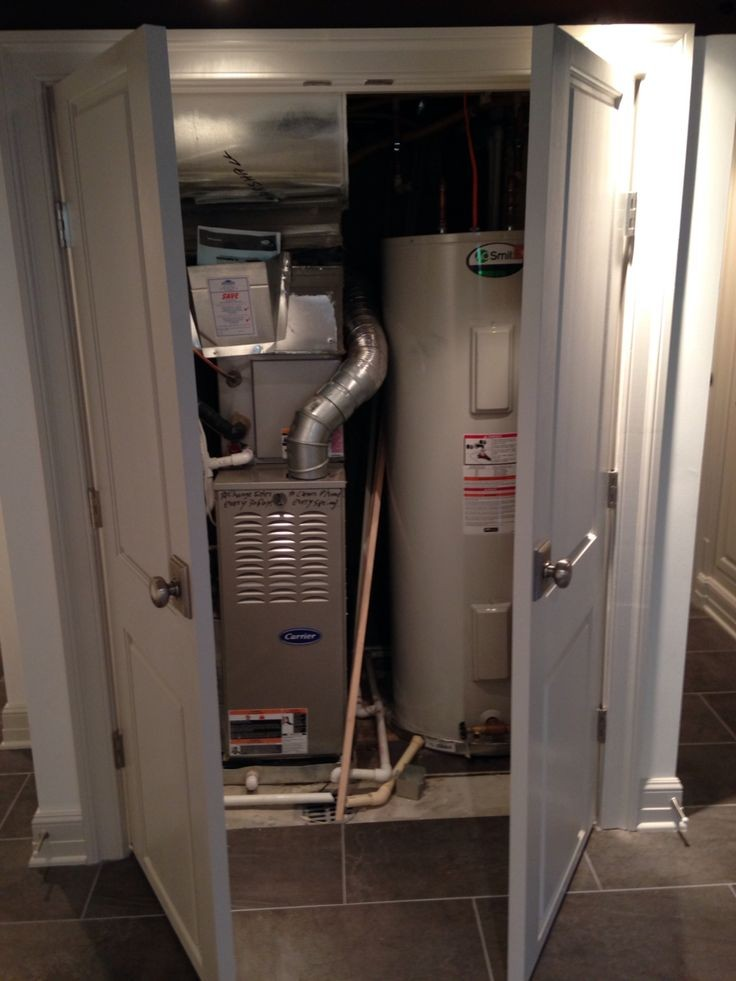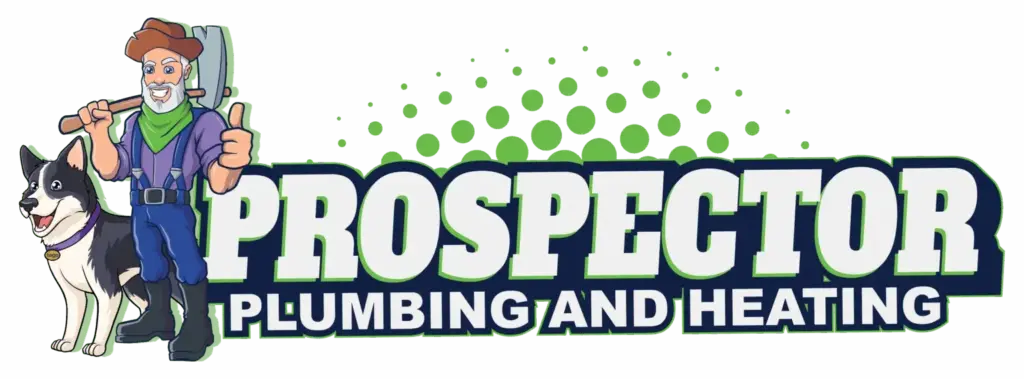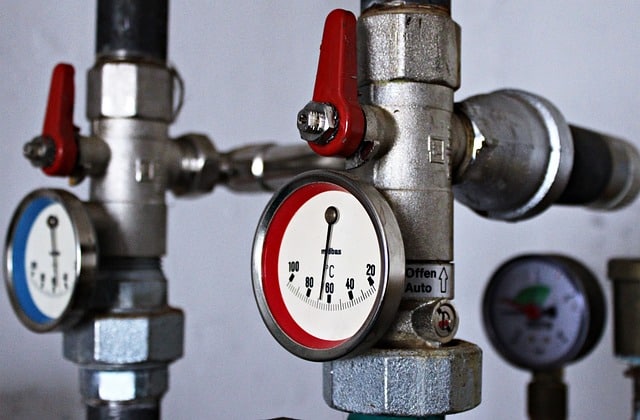
If at any point, it seems unable to control your home from cooling down or warming up on a hot summer or frigid winter night, respectively, then you will have to check your thermostat for an answer.
This could be so because the thermostat issue could be the reason your heating and cooling systems are malfunctioning. However, we frequently assume that the HVAC system could be at fault.
That is why our team members at Prospector plumbing and heating service team do not want you to sweat over the issue of figuring out the discomfort this gives your home or the inefficiency of the temperature. We understand that it might be challenging.
This blog will discuss the guide that will help you understand the issue facing your furnace thermostat, the signs to look out for, and the steps you can take to fix it.
How To Tell If You Have A Broken Furnace
The most common cause that could lead you to having a damaged or broken furnace is a dirty or clogged filter. If the filter becomes overly clogged, it will cause the heat exchanger to overheat and shut off too rapidly.
A faulty or malfunctioning furnace will be evident if you don’t feel any moving hot air or notice strange odors or smells emanating from your heating vents.
Therefore, to maintain your furnace heating system and the air quality in your home, it is crucial to change your furnace filters regularly.
Signs of a Broken Furnace
1. AC or Furnace Won’t Turn On
Your heater or air conditioner might be unable to switch on if your thermostat isn’t working correctly. It usually means that the wiring has failed. Practically, if the wires have failed, it will make the AC and furnace shut off from your thermostat, and they will be unable to operate.
However, we advise that you call a professional technician to check it out and repair it for your safety.
2. Poor Heating
The function of a furnace is to heat your house, but if it stops doing that, it’s time to call for a repair.
The reasons are a dirty air filter, a jammed or damaged blower motor, or even a blocked air duct. The first step is to check your furnace’s air filter to see if it is clogged; if so, you should get a replacement filter. These and many more are what we do at Prospector plumbing and heating service.
3. Short Cycling
You might have been hearing about short cycling, and you don’t seem to understand what it means; it is simply when your HVAC is cut off partway through a heating or cooling cycle.
A short-cycling HVAC system won’t typically circulate the temperature in your home; this makes it uncomfortable.
Additionally, it produces electricity and damages HVAC parts faster than a system that can run through a complete cycle.
4. Producing Weird Noises
When a furnace is operating, there is some noise that it makes, but the sound of the burners and the fans is not distracting, and you are familiar with it as a component of the wintertime sounds.
If you start hearing these sounds from your furnace, it could mean a problem is occurring or has already occurred.
5. High Heating Bill
If the energy efficiency of your furnace is low, it will cause it to work harder than usual. Its perfect work will make you feel comfortable in your home, but if it’s working otherwise, it will lead to higher heating bills.
You will notice this if you realize your furnace is not running at its peak energy-efficient heating. The aim is to regulate the home if it’s too cold.
TYPES OF FURNACES
Before you go ahead and get a furnace, you should know the different types of furnaces available.
- Natural gas furnaces: Nearly all Americans use this furnace to heat their homes. They are affordable, making them the most common energy source in the nation. Meanwhile, different regions of the country use different gas furnace efficiency requirements and labels.
Although older gas furnaces have lower efficiency ratings compared to newer gas furnaces, all gas furnaces are energy star qualified.
- Oil Furnaces: The significant difference between gas and oil furnaces is that a gas furnace uses natural gas as fuel to heat your home. Oil furnaces, on the other hand, transform the oil into heat energy distributed throughout your home.
The region that frequently uses this is the northeastern part of the US. They are typically between 80 and 90% less efficient than gas furnaces, although the initial investment is less. Buying a natural gas furnace can increase by up to 25%.
- Electric Furnaces: This furnace costs the least and requires little effort to install. They frequently last up to ten years. However, because electricity is significantly more expensive than gas, it will cause the difference to be reflected in your monthly energy bill.
- Propane: This is an output of the oil and gas industry. Almost 10% of American households utilize it. They are easy to store in tanks and are an excellent alternative if gas and oil are difficult to come by in your location.
Note: A heating appliance won’t vent into the previous chimney when you invent a new heat pump with a 90+ annual fuel utilization efficiency to replace older non-condensing furnaces and boilers.
Looking to fix your furnace in Fairbanks, AK, USA? We are here to help.
Always keep an eye out for any signs that your furnace needs repair. If you see any of these mentioned warning signs, there is probably a problem with the heating system, and Prospector Plumbing & Heating is ready to help with all your broken furnace repair requirements.
We take great pride in providing you with the top plumbing services in Alaska. You won’t ever have to look for us, question what the cost will be, or doubt our craftsmanship. We handle your home as if it were our own. We’ll keep everything tidy, complete our work efficiently, and leave you with plumbing and heating that function flawlessly.
Contact us today at (907) 322-5763!


